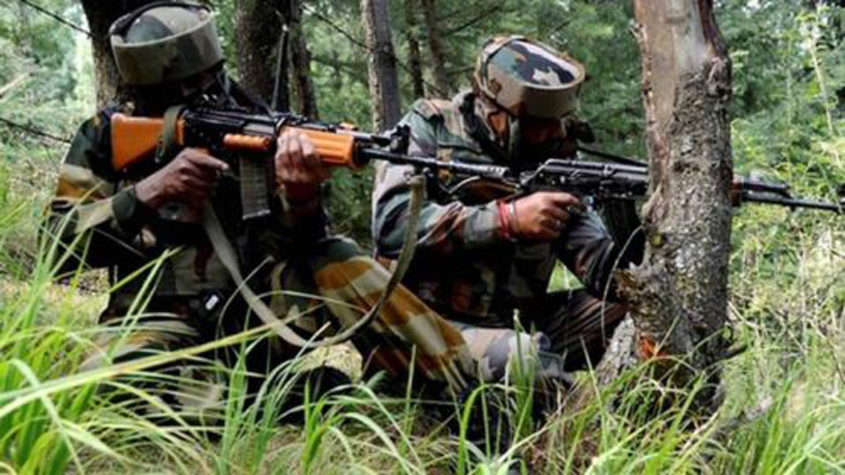Following the mutilation of Indian soldiers by Pakistan, experts have enunciated the possible diplomatic and other tactics that India can use as a reply to Pakistan’s “dastardly attack” in the Poonch sector near LoC earlier this week.
A.B. Mahapatra, director of the Centre for Asian Strategic Studies (CASS), emphasised on the role public opinion plays in forming policies on such sensitive issues and said, “An important change that we need to bring in our Pakistan diplomatic policy is that we need to stop putting everything that we do and speak with Pakistan in public. Here, the emotion of the Indian masses cannot be the sole deciding factor. Track 2 and Track 3 diplomacy should be empowered if a war has to be avoided.”
The proxy war that Pakistan has been waging against India has had a more adverse effect on India than on Pakistan. A significant chunk of the defence budget is spent on Indian armed forces stationed in Kashmir. Economically speaking, tourism in Jammu & Kashmir has taken the most serious hit, affecting a large numbers of locals.
Listing the diplomatic options, Brig. Gurmeet Kanwal (Retd.), Institute for Defence Studies and Analyses (IDSA), said, “To gradually force Pakistan to stop waging a proxy war against India, we should continue to engage the elected civilian leadership of Pakistan, thus reducing the salience of the Pakistani army in the country’s polity.”
To rein in terrorist elements operating in Pakistan, Brig. Kanwal said, “India should launch covert operations against leaders of terrorist organisations against which India has hard actionable intelligence evidence. Pakistan’s ISI has been conducting covert operations in India for long. Since Pakistan is not inclined to bring to justice the leaders of terrorist organisations like the LeT and the JeM—terrorists whom they call ‘strategic assets’—they must be neutralised through covert operations.”
Suggesting a “final diplomacy step”, Brig. Kanwal said, “Failing satisfactory progress, the United Nations Security Council (UNSC) should be approached to approve an embargo on the sale of arms, ammunition and military equipment to Pakistan. If the UNSC resolution is vetoed by China, as it well might be, India should use its buyers’ clout in the military industrial complex to ensure that arms manufacturers that supply weapons and defence equipment to Pakistan stop doing so. India should lobby extensively with the US political leadership and the members of the US Congress to apprise them of the fact that continuing US support for the Pakistani army is hurting the growing Indo-US strategic partnership because military aid strengthens the Pakistani army and gives it greater confidence to destabilise its neighbourhood with impunity.”
Earlier this week, on his visit to New Delhi, Professor Shen Dingli, vice dean of Fudan University, China, and an expert in international relations, said, “Right now, China’s foreign policy can be understood through the three ‘M’s—Money, Might and Mind. I assure you that China does not translate Might and Mind into war. China does not want a war with India. China and India are friends and we must continue to be so.”
As far as the offer of China to play a mediator between India-Pakistan is concerned, as suggested by an editorial in China’s state newspaper Global Times, Mahapatra outrightly discarding the idea, saying, “China is a party to India-Pakistan dispute. Despite our legitimate objections, they went ahead with the One Belt One Road initiative passing through disputed territory. There is far deeper trust deficit between China and India than you might gauge. China first needs to acknowledge our concerns for them to even make such a suggestion.”

